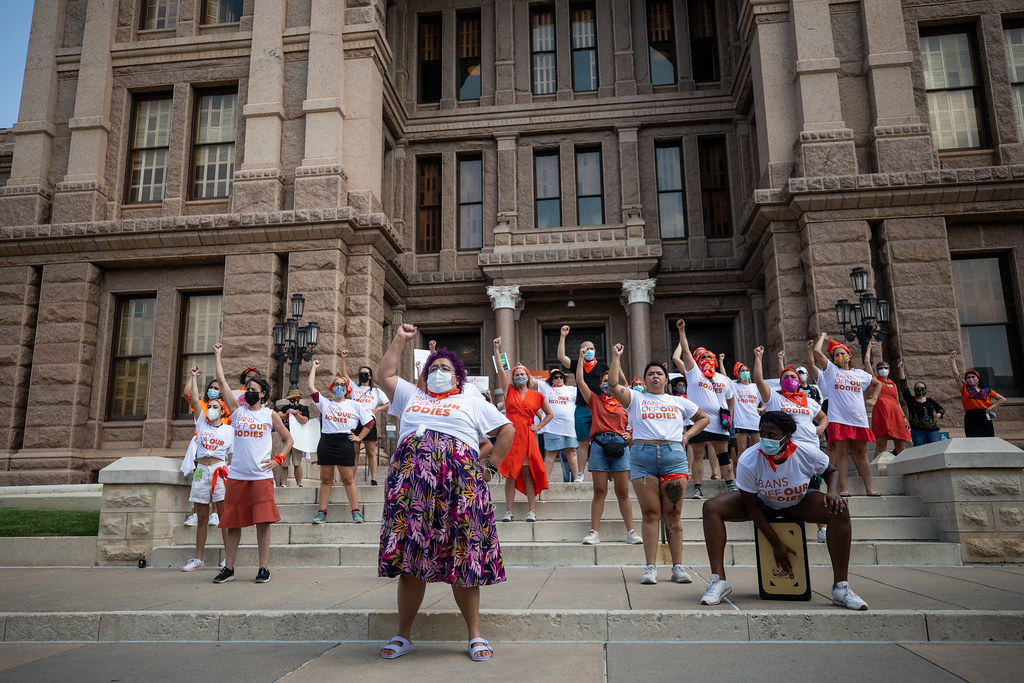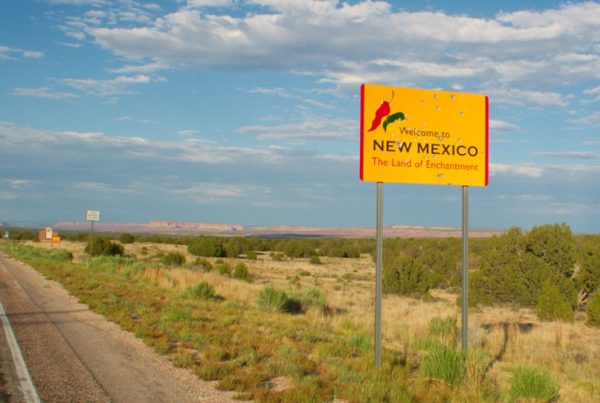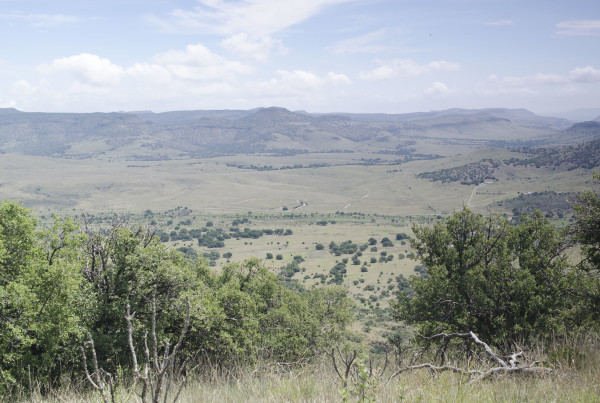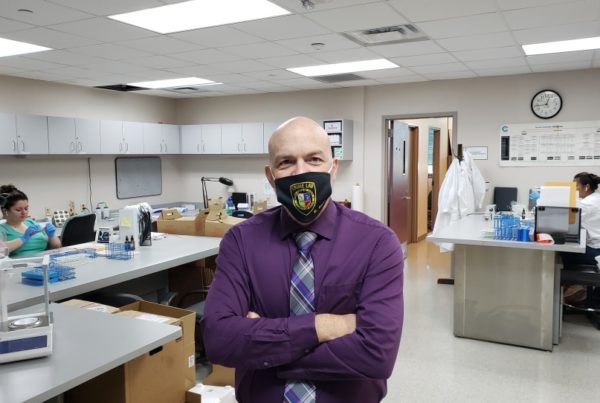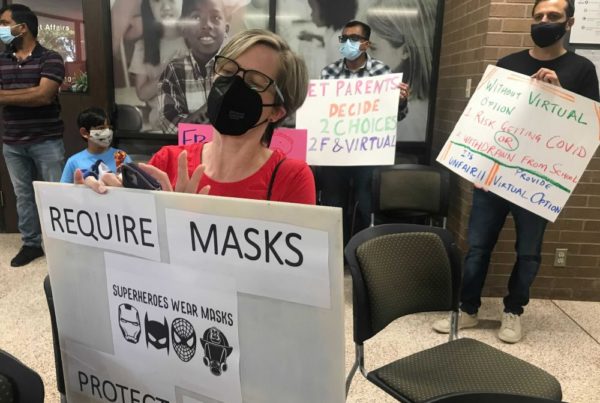Two lawsuits have been filed against a Texas doctor who provided an abortion after the state’s new ban took effect. They are the first such suits under Texas’ new abortion law.
All parties to the suit seem most interested in testing the Texas law, known as SB 8, which bans abortion after a fetal heartbeat is detectable — or about six weeks of pregnancy. The law allows anyone to sue someone involved in providing a banned abortion. A University of Texas at Austin law professor believes the law is unconstitutional because it effectively bans abortion in the state.
In an op-ed in the Washington Post over the weekend, San Antonio physician Alan Braid wrote he acted out of what he called “a duty of care to this patient … and because she has a fundamental right to receive this care.”
Elizabeth Sepper is a professor of law at the UT-Austin School of Law. She specializes in religious liberty, health law and equality. Sepper told Texas Standard that Dr. Braid “baited the hook here to catch a plaintiff for a lawsuit under SB 8.”
The lawsuits were filed by two out-of-state plaintiffs in a San Antonio court.
Sepper says that when the U.S. Supreme Court chose not to block SB 8, it set up the likelihood that state suits against the law would begin working their way through Texas courts. The Supreme Court could eventually hear one of those cases and could then rule on whether the law is constitutional.
Before that happens, Sepper says Texas courts might look at issues raised by the law, like who can actually file suit.
“SB 8 purports to allow anyone, anywhere to file a lawsuit,” she said. “Texas courts might not be able to go along with that. Usually, in order to file a lawsuit, you have to have standing, which requires some kind of injury.”
Beyond the standing issue, Sepper says SB 8 effectively bans abortion in the state.
“SB 8 is an unconstitutional law,” Sepper said. “It is unconstitutional because it has banned abortion in the state of Texas, contrary to the basic rule of Roe v. Wade for the last 50 years.”
Sepper says the lawsuits against Braid could move through Texas courts and eventually end up at the U.S. Supreme Court, or a lower court could dispatch the case before that happens.
“It is entirely possible that Texas courts won’t be played in this way, and they will say that these plaintiffs don’t have standing, and that the Legislature does not have the power to grant everyone in the country, or everyone in the state, the ability to use the courts to bounty-hunt against other citizens,” Sepper said.


